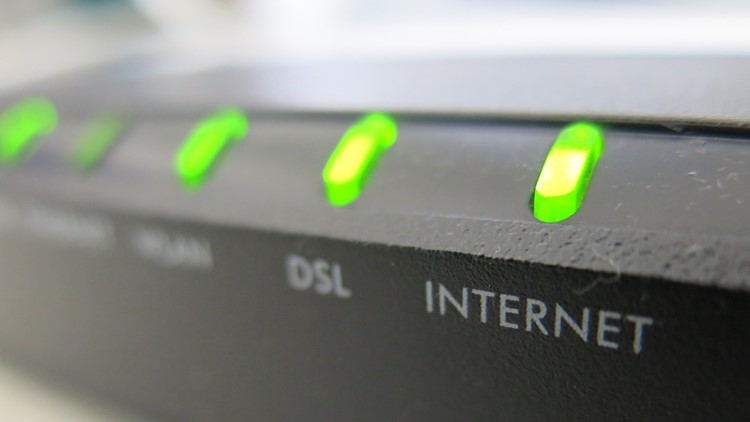HARTFORD, Conn. — The City of Hartford is upping its game when it comes to bridging the digital divide.
Thanks to public and private partnerships with the Hartford Foundation for Public Giving and the Dalio Foundation, Mayor Luke Bronin announced Wednesday that the city will be building a system that will allow for free, high-quality internet for "every resident" in "every neighborhood".
Mayor Bronin said that the city has the funding and work will begin now. He said the majority of neighborhoods will receive fiber wire internet and those who can't will receive at the very least LTE high-speed internet.
The initial cost to set the system in motion would cost over $3 million, according to the mayor, and the city will bear the cost going forward, costing an estimated $100,000 a year. Mayor Bronin said the cost was worth it to help bridge the digital divide.
Mayor Bronin called on the federal government to pass national digital infrastructure, and that this just considered a "sturdy footbridge" for Hartford to help try to bridge the digital divide.
As the state moves forward with school reopening plans, part of those plans includes online learning. However, distant learning can pose some problems for communities across Connecticut.
The lack of accessible technology also negatively impacted businesses who struggled to get card payments through on sluggish internet or had older technology.
Problems from lack of technology to lack of access to internet connections can be a detriment to a student's ability to keep up with their class.
It was a problem highlighted as schools began to shift to online learning last spring when COVID-19 started to surge in the state. Over the summer, several officials and cities have been trying to enact change to help students in the fall.
On Tuesday, Governor Ned Lamont announced the "Everybody Learns Initiative" during a news conference in Waterbury. The $45 million initiative is designed to close the digital divide, helping students in under-served communities receive an easier access to technology during remote learning.
Gov. Lamont announced as part of the initiative, the state is acquiring another 50,000 Chromebooks. The devices are to be used those students who aren’t comfortable coming back to the classroom. Gov. Lamont said they will not be left behind and there will be resources available to help make the best use of the Chromebooks. Lamont added that the state is working to establish 200 hot spots around the state, which would include areas like community centers and libraries.
The money comes from the state’s portion of the federal CARES Act, the Governor’s Emergency Education Relief Fund, and the Elementary and Secondary School Emergency Relief Fund.
“It’s critically important for all students to have access," said Dr. Verna Ruffin the Waterbury Superintendent of Schools.
Gov. Lamont said his office surveyed students and faculty and found that 75% want to get back into the classroom. He said that means they have to insure that the 25% that still have concerns are not left behind.
The governor said that the 200 hot spot locations around the state would provide public access to the internet at no cost, adding the state would help pay for what was termed a “lifeline rate,” for access at home for a year.



